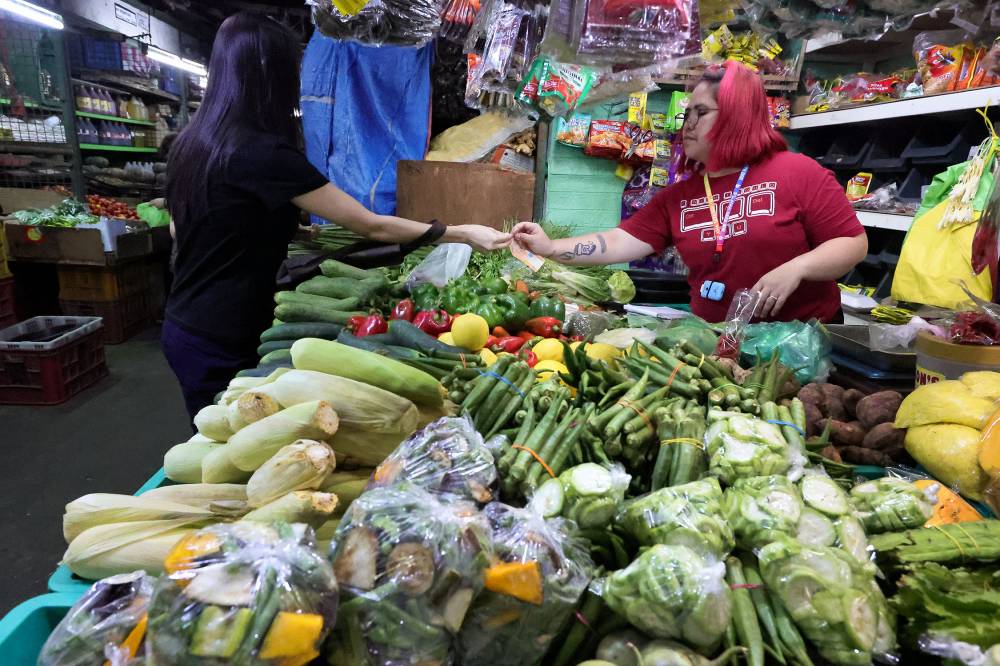PH inflation continues downward trek

Lower prices of food and fuel may have slowed down overall inflation across the Philippines for the second month in a row, down to within the range of 4 percent to 4.8 percent in November, according to the Bangko Sentral ng Pilipinas (BSP).
The entire range is below the 4.9-percent increase in prices of goods and services that the average Filipino household buys that was recorded for October 2023. The Philippine Statistics Authority will announce the official numbers by Dec. 5.
“Lower prices of vegetables and petroleum products along with the peso appreciation could [have contributed] to downward price pressures” on prices in November, the BSP said in a statement.
The central bank added that, on the other hand, higher prices of most agricultural commodities like rice, fruit, fish, and meat items as well as changes in electricity, LPG and toll rates were the primary sources of upward price pressures last month.
The expected downward trajectory of inflation in the Philippines is in tune with latest readouts in economies that influence monetary policy across the globe.
Global easing
These include countries in the Eurozone—such as Poland, France and Italy—which as a region and individually reported slower-than-expected inflation.
In the United States, latest data showed a further easing of the personal consumption expenditures price index, described as the US policymakers’ favored gauge of inflation.
In a report released earlier this week, BMI Country Risk and Industry Research said the Philippine government’s move to ramp up private-sector imports and the prevailing risks from the El Niño climate phenomenon were keeping upward pressure on prices.
The Fitch group subsidiary was referring to a statement made by Agriculture Secretary Francisco Tiu Laurel Jr., who gave importers less than five weeks to use the permits granted to them—to buy an additional 1 million tons of rice from abroad to boost local stocks—or else these would be canceled.
Import demand
BMI noted that the global market has stabilized somewhat since the government of India last July announced an immediate ban on nonbasmati white rice exports.
However, the ban did not cover government-to-government deals, which included an agreement to ship 295,000 tons to the Philippines.
“In the short term, expected import demand from Indonesia and the Philippines will support prices while crop conditions in north-eastern Thailand, downgraded to ‘poor’ at the end of October,” it added.
Various analysts and think tanks have raised the flag about inflation in the Philippines remaining high in the coming months, especially with the expiration on Dec. 31 of Executive Order No. 10, which temporarily lowered tariffs on key exports like rice, corn and coal. INQ

















